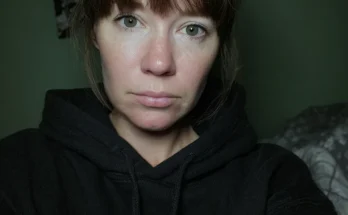When my mom retired at 60, she didn’t just want to downsize—she wanted to move in with me. I’m 32, finally settled in a modest two-bedroom home I worked hard to afford. That second room? It’s my sanctuary for guests, creative work, and solitude. But to her, it was the perfect place to start her next chapter.
She asked gently at first, framing it as a way to “stay close” and “help each other.” I love her deeply, but I knew what it meant: the loss of privacy, emotional strain, and the slow erosion of boundaries I’d spent years building. I offered to help her find a nearby condo or a 55+ community. She refused. To her, anything less than living together was abandonment.
Then came the guilt. She told my siblings I was selfish, that I’d turned my back on family. My brother called me cold. My aunt said I’d regret it when she’s gone. But none of them offered her a room. They just wanted me to be the solution.
What they don’t understand is that love doesn’t always mean sacrifice. I’ve seen friends lose themselves trying to be everything for aging parents—caretaker, therapist, roommate. Their homes became battlegrounds of resentment. I didn’t want that for us.
Still, the backlash stung. I questioned myself. Was I heartless? Ungrateful? But then I remembered: boundaries aren’t betrayal. They’re protection. For both of us.
I visit her often. We talk, laugh, share meals. Our relationship is intact—maybe even stronger—because I said no. Because I chose a version of closeness that doesn’t cost me my peace.
My family may still be angry. But I’m learning that sometimes, being the villain in someone else’s story is the price of being the hero in your own.


